It’s a big question, and there is no easy answer. We put it to some of the world’s best chefs to see if their insights into the eating habits of their guests can give us an indication of what is happening, and will happen, in the global food consciousness.
The initial reaction from the chefs to the question – what is the future of food? – was almost ubiquitously, “That’s a BIG question.” But we were bolstered by the unanimously easy responses that flowed from the chefs. Their passionate answers flew from their mouths as fast as plates on the pass as they answered a question that they clearly feel strongly – and full of hope – about.
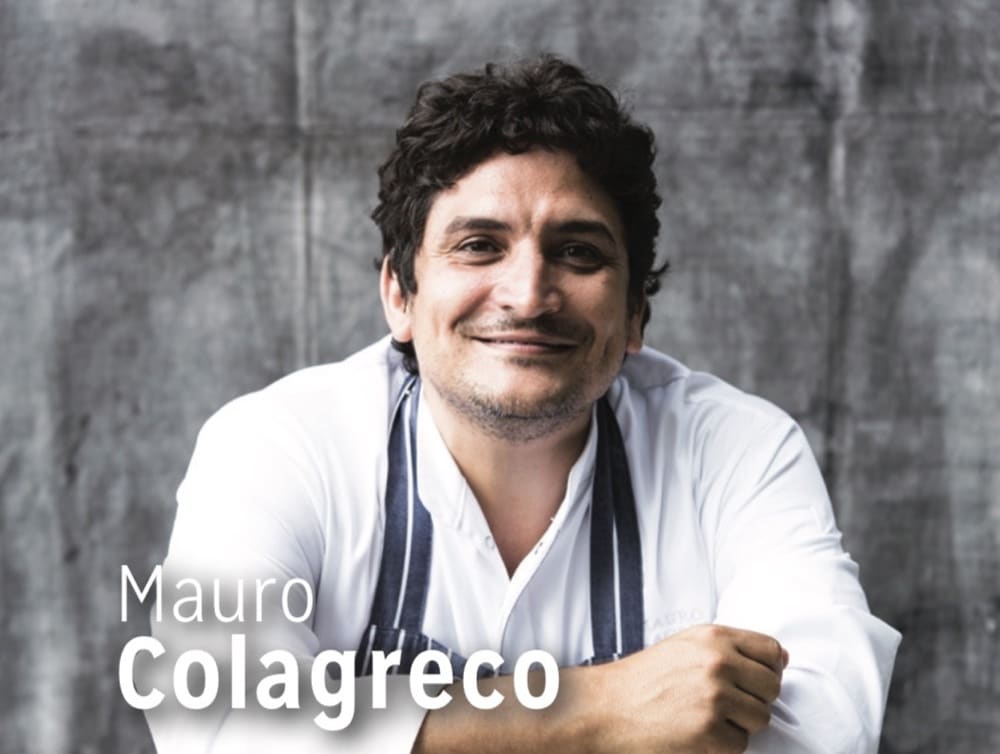
At this year’s World’s 50 Best Restaurants awards, Mirazur became the first-ever number 1 winner from France. Chef Mauro Colagreco says, “That’s a huge question. I love the future. [It will be] more local, more organic. And I think the capacity to change our method of production over the past 20 years already changed a lot. Unfortunately, we lose the tradition, we lose the nature of how we cook our meals and feed our family. So I think the restaurants need to become like a great mother.”
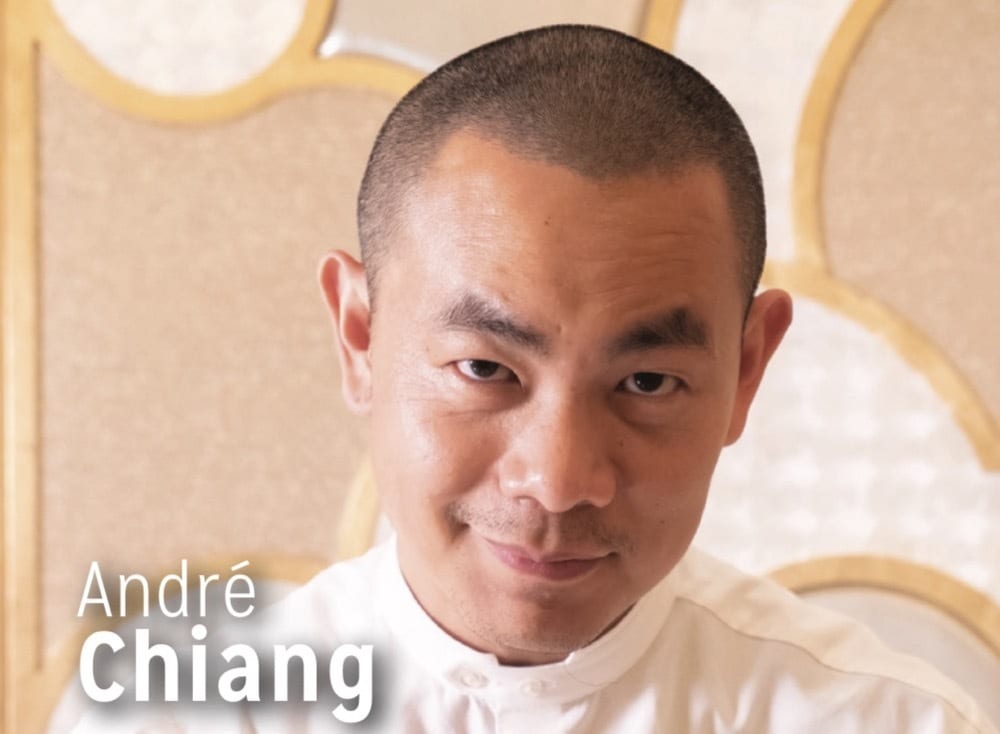
Illustrious Taiwanese chef André Chiang of Sichuan Moon in Macau and The Bridge in Chengdu says, “In the future, food is probably the last thing that keeps the connections between people. Everything can be replaced by technology, even communications, so I think that food in the future will be the only thing that still remains as a craft of human beings.”
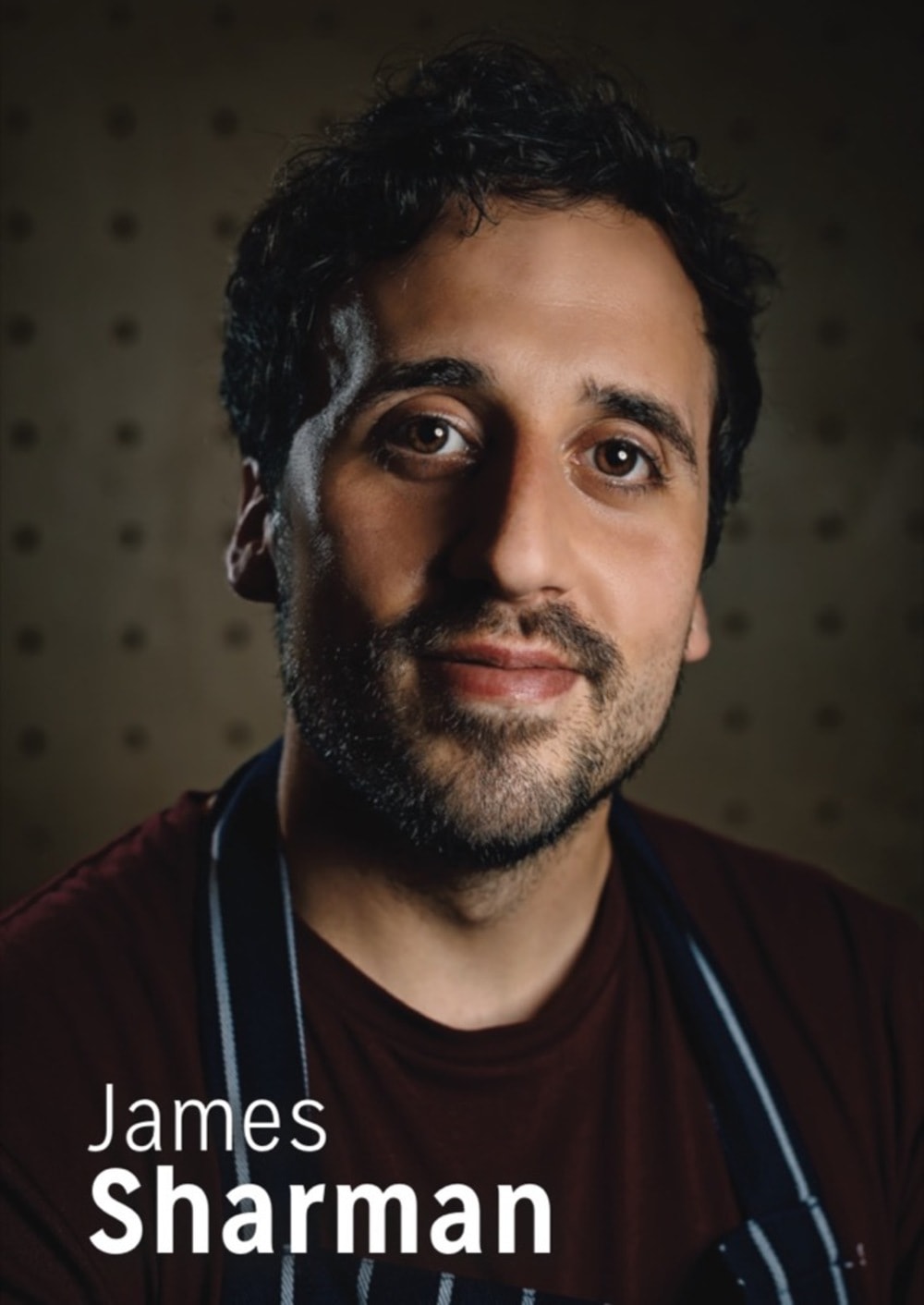
James Sharman, chef of travelling restaurant One Star House Party – which created a pop-up on Mount Everest, amongst other exotic locations around the world – says, “I have felt the same way about this for a long time. I think the future of food, or restaurants in particular, should be individually owned restaurants. And I think that more and more people get well versed with a restaurant that is run by somebody, who knows what’s in the fridge and knows the ins and outs of that restaurant. I just think those restaurants have a certain feel to them. And more and more people are able to walk in and just feel that straight away, rather than like big chains or big groups of restaurants, even if they try and kind of hide from it. So I think individually owned restaurants are the way forward.”
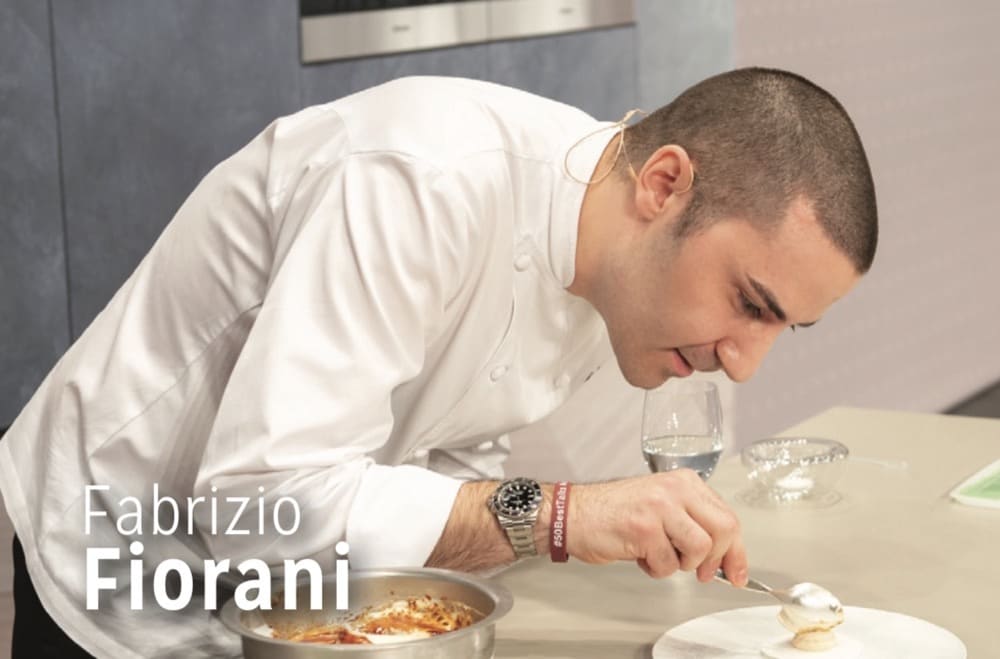
Fabrizio Fiorani, formerly of of Il Ristorante – Luca Fantin in Tokyo and newly crowned Asia’s Best Pastry Chef, says, “The future of food is the taste. We need to focus on the taste, ingredients and philosophy. Some people think we can save the world with the food in our job. I say maybe yes, maybe no, but my goal is to give happiness. If I give 20 minutes of happiness with my dessert, then I’m happy.”
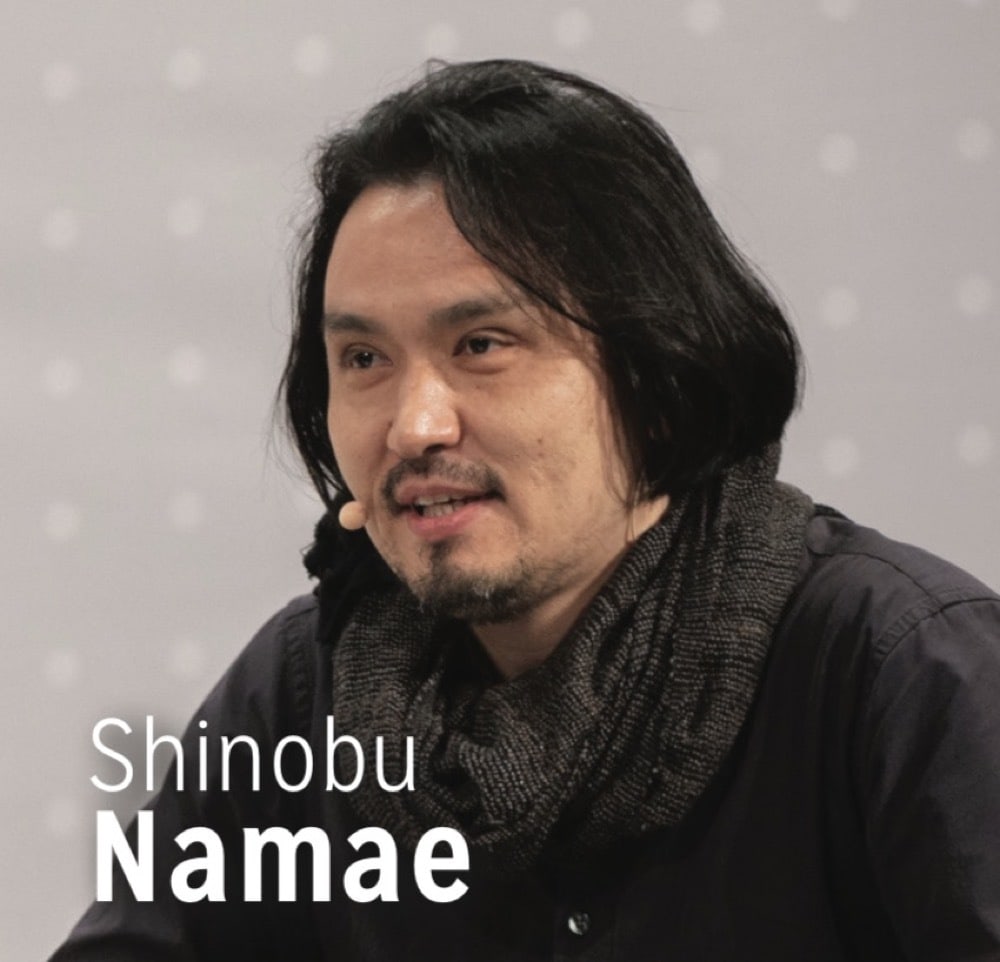
Chef Shinobu Namae’s L’Effervescence in Tokyo won the inaugural Sustainable Restaurant Award last year at Asia’s 50 Best Restaurants for the chef’s unfailing commitment to the environment and caring for natural resources when producing his renowned cuisine. Chef Namae says, “I think food is all about care. Care for somebody or care about nature and society and culture, and everything that connects us all into one pot, and make it beautiful. Food is the act of someone caring for someone else. Now the world is getting more and more complicated, but through food I believe that many problems will be solved over nice food and sharing happiness and making peace.”
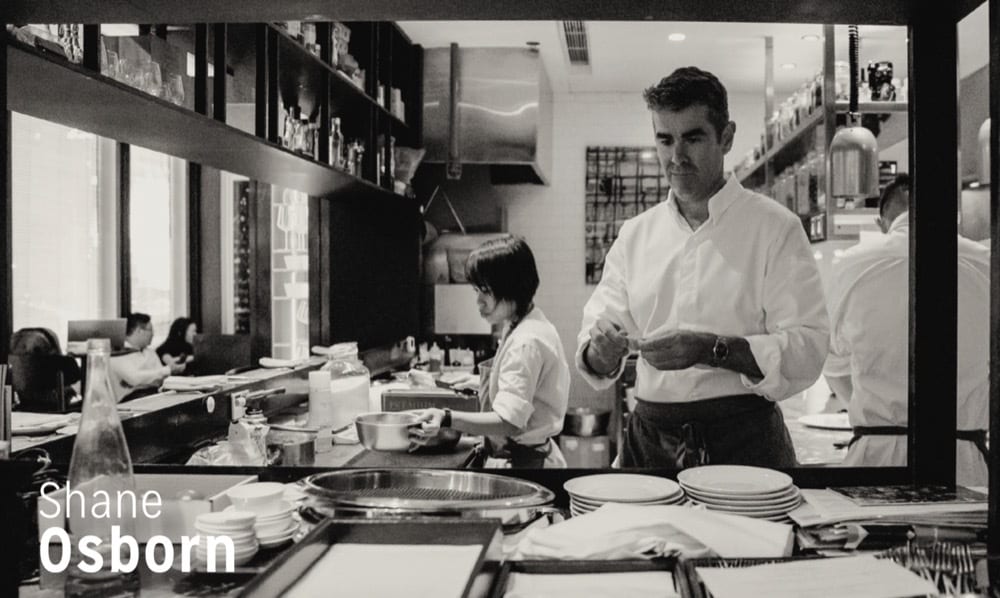
Shane Osborn, our resident Hong Kong celebrity chef from Arcane and newly launched casual eatery Cornerstone, who appeared on Netflix’s The Final Table, gaining even more acclaim for his down-to-earth nature combined with his expert technical skills, says, “What it should be is that we all take responsibility for sustainability and ethical sourcing. I mean, there are grave issues facing the planet, and people in the spotlight in this industry need to set an example of where our food is going to come from. You know, there is good fish farming and there is bad fish farming; wild fish stocks are being depleted. We need to look at other options in the amount of beef that we’re eating and other meat proteins that aren’t as detrimental to the environment. Where are we going to get all this food from to feed the nine billion people that are going to live on this planet in the next 20 years? I mean, it’s scary times. We all really need to stop not just talking about it but putting a plan of action into place. Some people don’t see the value in eating vegan – if you put a plate of beautiful asparagus on at the same price as a plate of scallops, people are always going to think the asparagus should be cheaper, and the mindset is wrong. So I think we need to change that and show people there is value in beautifully produced vegetables.”
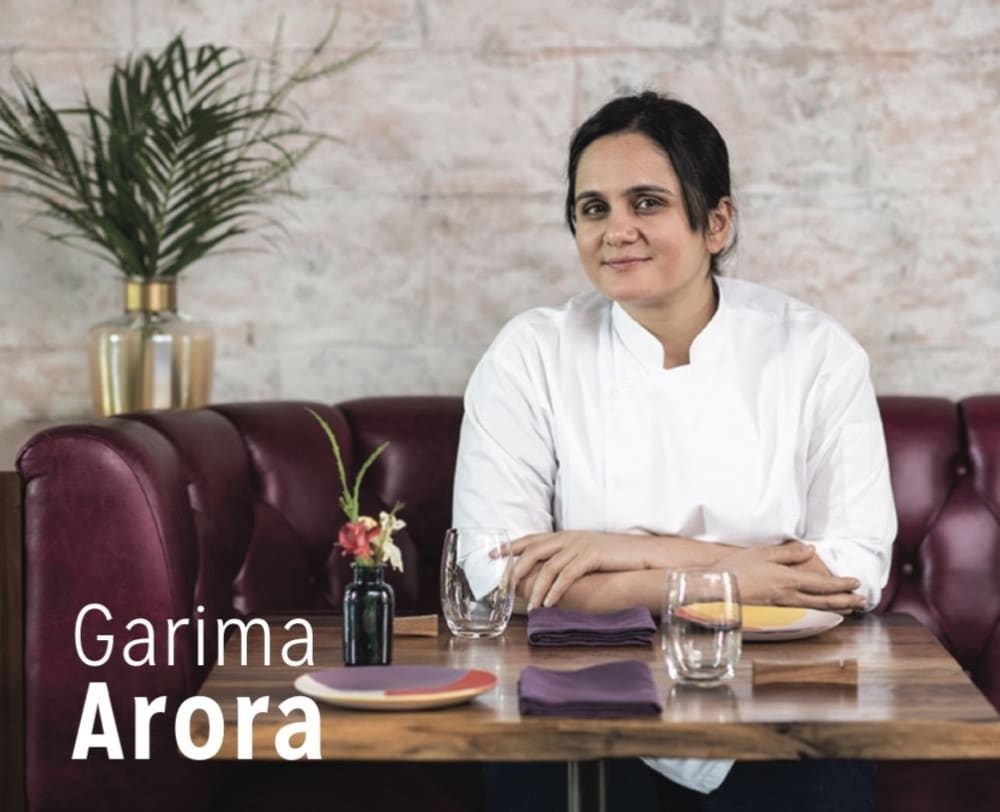
Asia’s Best Female Chef 2019 and the first Indian woman to receive a Michelin star, Garima Arora of restaurant Gaa in Bangkok says ,“If I may say so myself, I think India [is the future]. For me, I think the focus is going to be on that part of the world, and rightly so.”
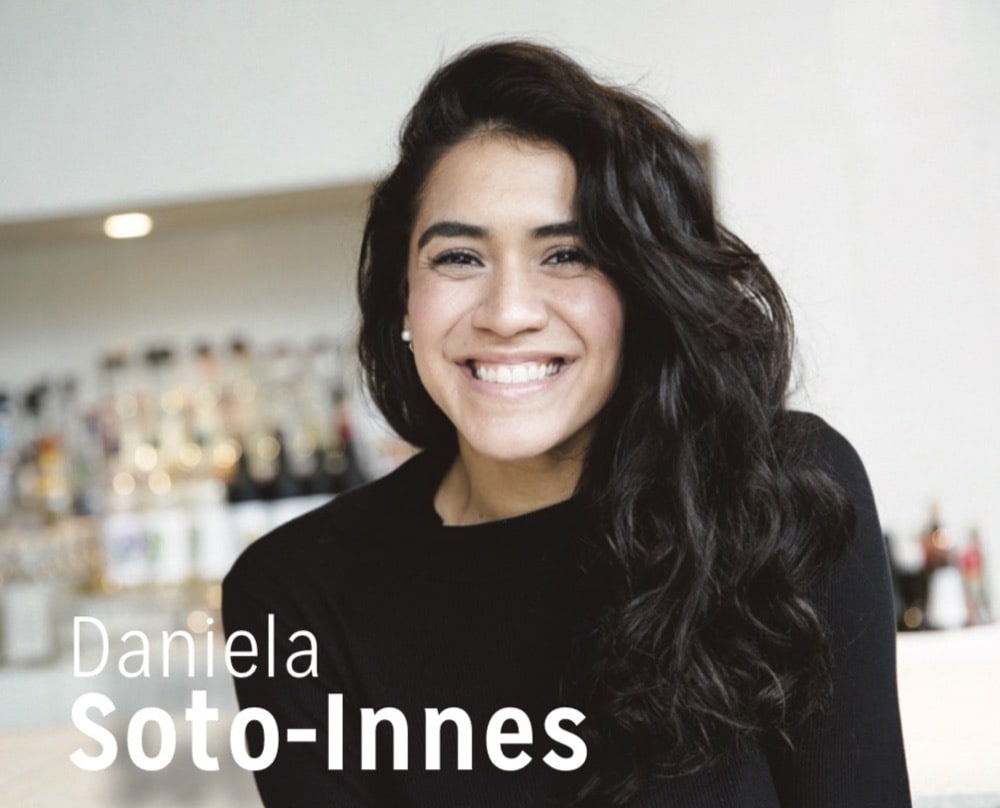
The winner of the Best Female Chef Award at The World’s 50 Best and cooking up a storm at Mexican restaurant Cosme in New York City, Chef Daniela Soto-Innes says, “That’s a very hard question, but hopefully introducing more vegetables to people’s diets. To be able to have the balance that if you do eat meat and seafood, you only do about 30 per cent of your diet. And the future of food is also getting to know the people behind the culture.”
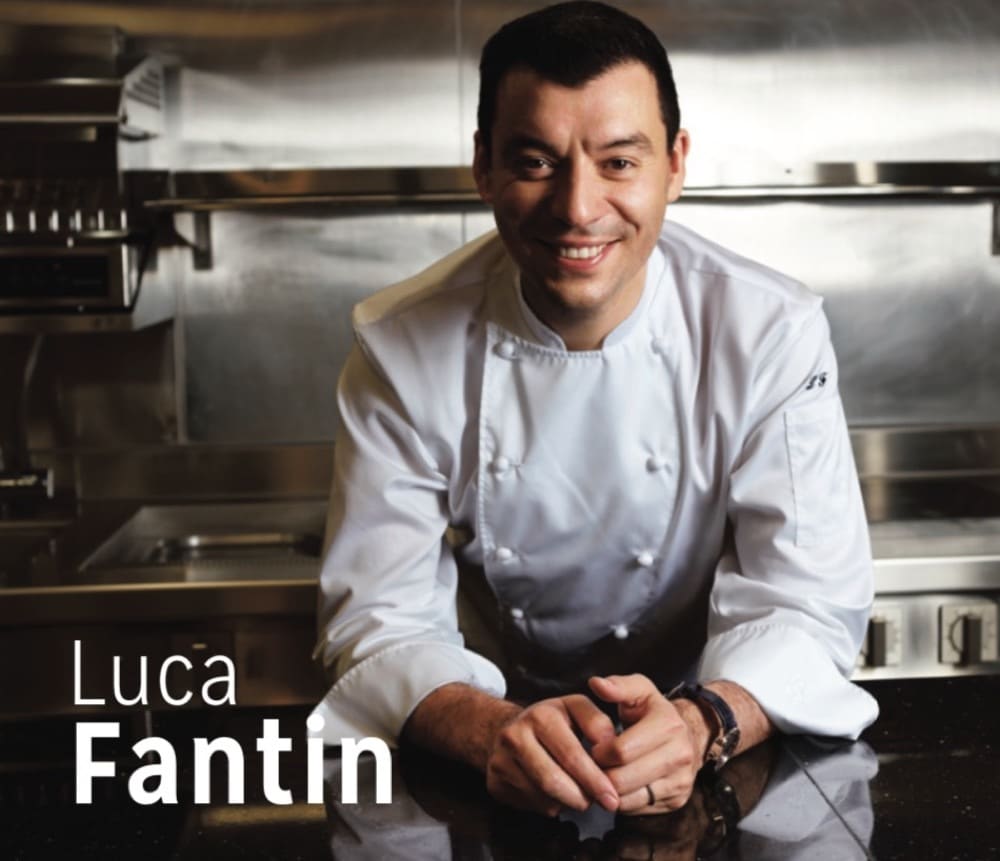
Famed chef Luca Fantin of his eponymous Il Ristorante – Luca Fantin in Tokyo says, “We need to respect nature. This is something that needs to be a trend for the new generation. Not creating a molecular plate or only a beautiful plate, but some sustainability of ingredients. At the moment, chefs have a big responsibility, much more than before. We need to respect all the ingredients on our menu. You can make outstanding dishes, but if you are not doing it ethically, we’ll destroy the world this way. The season is our guide to create dishes. If I want to make an asparagus dish but we are in August, I’ll keep this idea for spring. This is very important. And the wait is beautiful.”
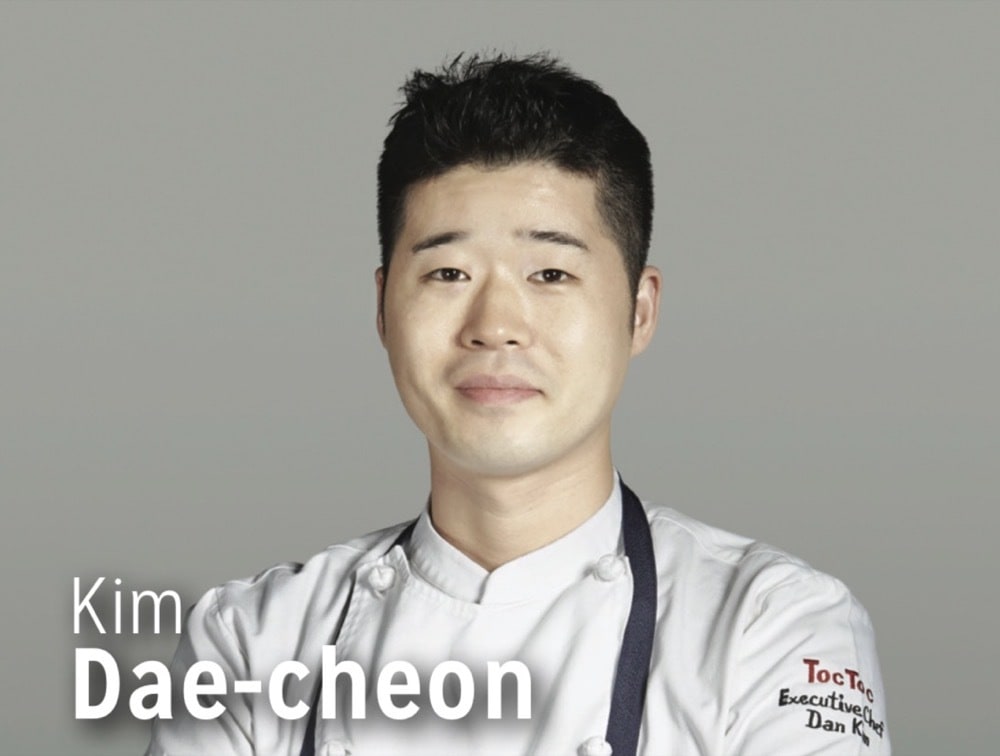
Chef Kim Dae-cheon of innovative Seoul restaurant Toc Toc says, “For protein, instead of beef we can actually use Korean bug larvae. For example, to make a bun, you can substitute the flour with a more natural tree root that contains a lot of starch. Everything can be edible – bees, bugs, larvae and roots – everything can be used to make food.”
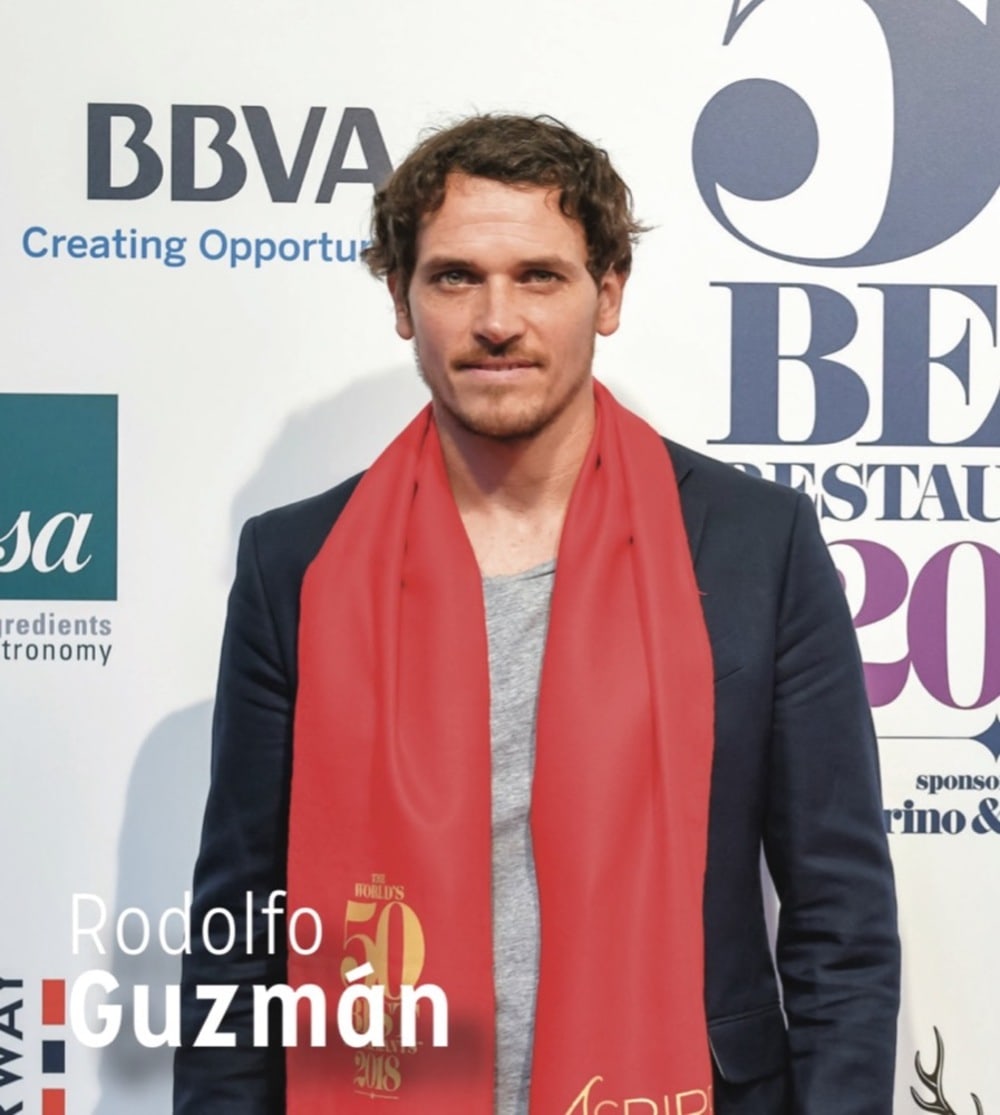
Chef-owner of Boragó in Chile, Latin America’s most sustainable restaurant winner, Rodolfo Guzmán says, “The future of food is related to knowledge. I feel, at the moment, we humans don’t have much knowledge, because it’s been changing. The world is badly changing the climate, and we’re going to have to adapt, especially in terms of agriculture, especially in terms of fishing. Now we are going to have no choice but to rethink food – probably ingredients that we never took out of the water for human consumption before but that can be very delicious. Within the near future, we’re going to have to do that. Countries are very different. We cannot set a statement for all the countries in the world because it’s very different from one country to another in terms of geography, but also socially and economically. Knowledge is the thing; as humans, we have to come together to share it with the rest of the world.”
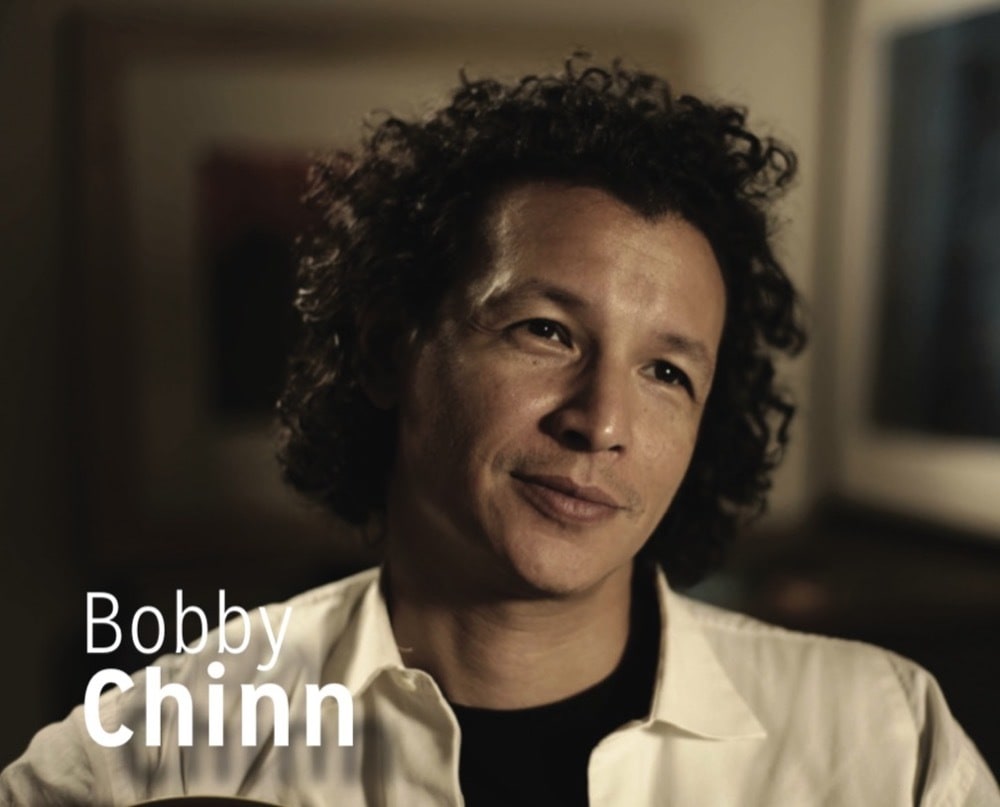
Maverick celebrity chef Bobby Chinn is best known as the exuberant host of Discovery Channel’s World Café. Chef Chinn says, “Make food be thy medicine and medicine be thy food. Your diet is killing you. China went from being a very healthy nation to being 50 per cent pre-diabetic; they have a very scary health crisis coming up. Seven of the leading causes of death are food related. And I think that with technology, they’re gonna figure this out, and all of us will need something different.”
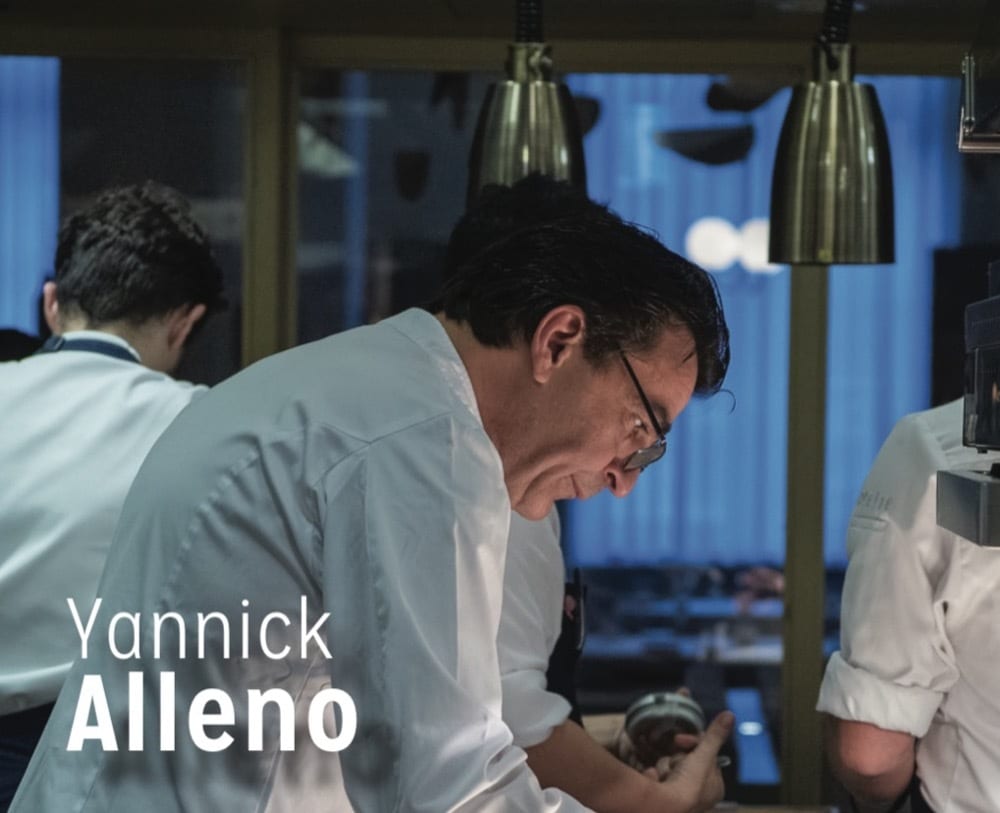
Michelin-starred chef Yannick Alleno of Pavillon Ledoyen in Paris has held his illustrious three stars since 2007. Chef Alleno says, “I think the future of food will be the next generation. I think they have in mind now to take care about the planet more than us. They learn that in school, and they really appreciate what they have.”
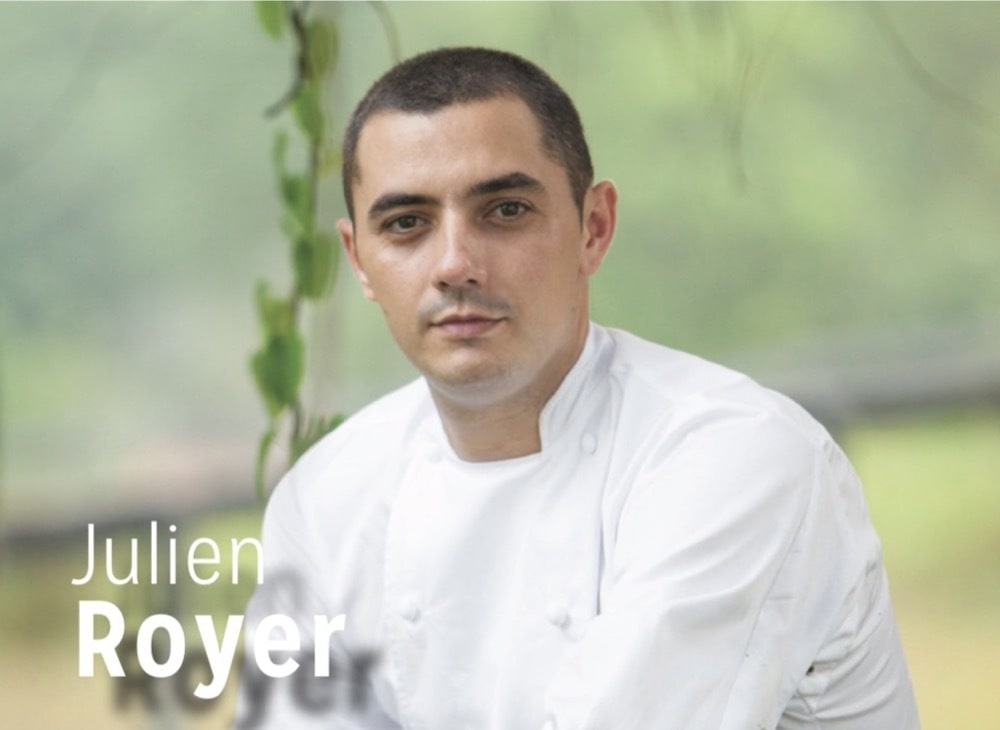
Julien Royer, the French chef behind the best restaurant in Asia this year, Singapore’s Odette, along with Hong Kong’s new and much-talked-about Louise, names his restaurants after his grandmothers, who mentored him in the kitchen. Chef Royer says, “I think people want to come back to authenticity. I think people want to come back to something true, real food cooked with the heart and a very genuine approach to hospitality.”
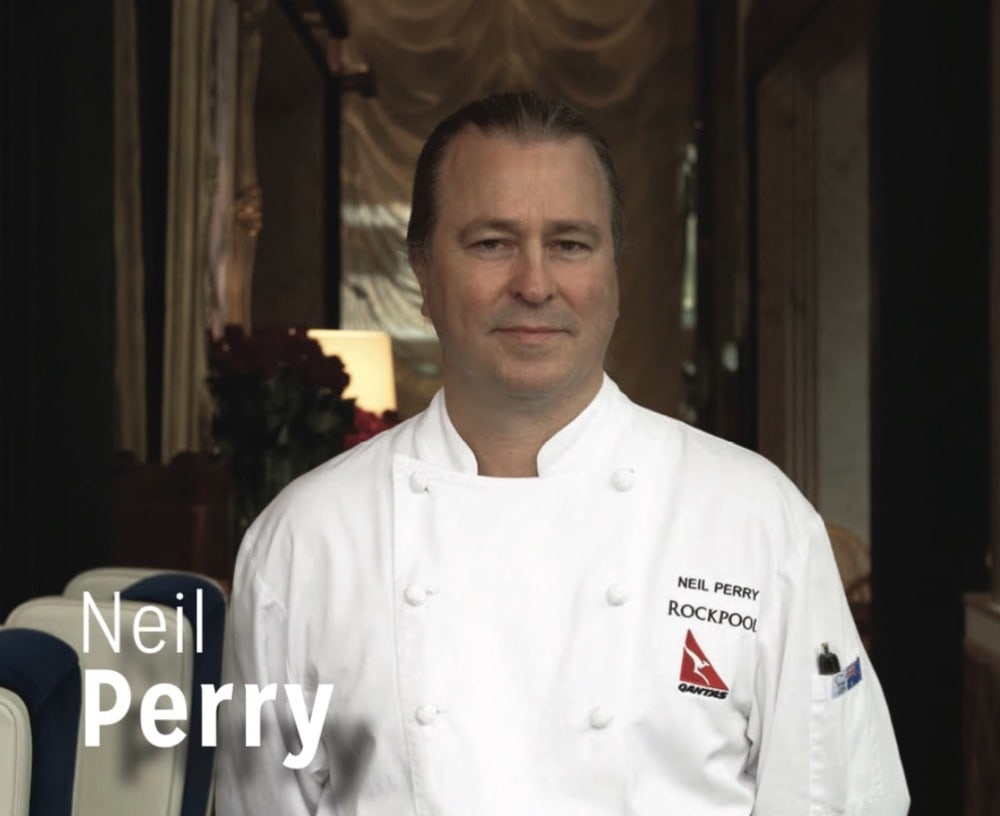
Well-respected Australian chef Neil Perry owns many restaurants, with his flagship being Sydney’s Rockpool. Chef Perry says, ”I think it’s a balanced diet so that we can get the planet to survive and sustain. So lots of vegetables, a little bit of meat, a little bit of fish and basic respect for the planet. So I think we do that through food and the way we eat.”
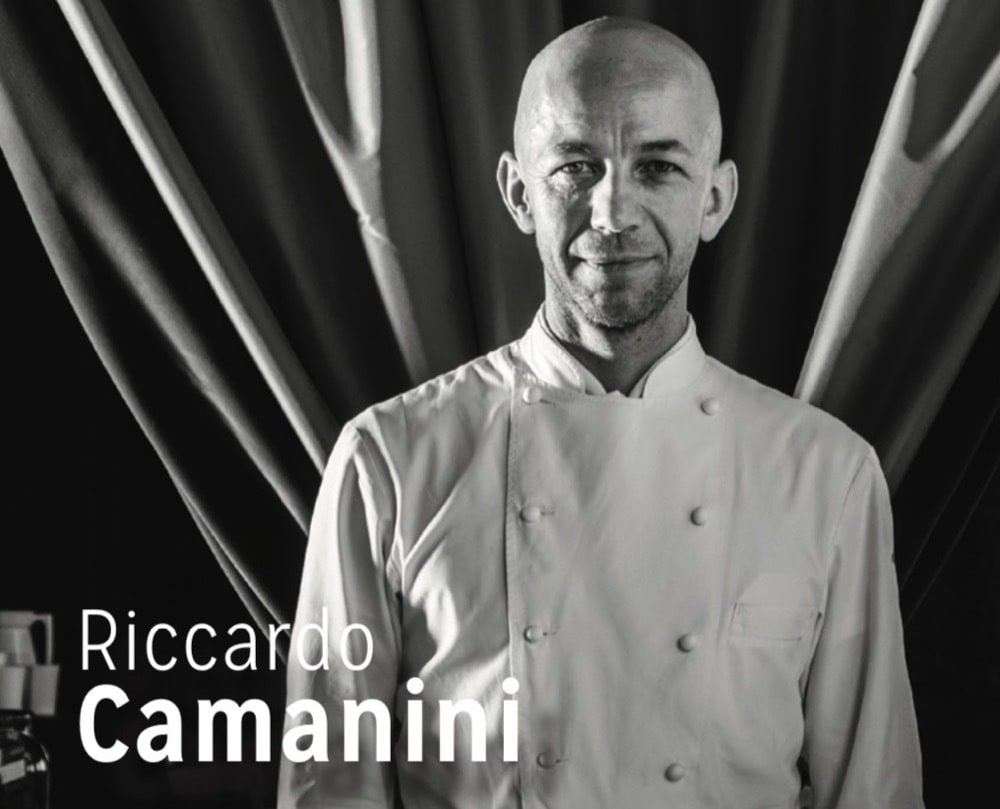
Lido 84 on Italy’s Lake Garda won the One to Watch Award at The World’s 50 Best this year for the eatery’s reimagining of classic Roman dishes the likes of rigatoni cooked inside a pig’s bladder. Chef Riccardo Camanini says, “The most important parts of restaurants in the world are a lot of personality and very, very passionate points of view around gastronomy. So imagine what we can do – there’s the possibility to try to give our point of view, because behind a true gastronomy, we can discover a culture.”
The answer is clear: the future of food will be about traceability, sustainability and eating appropriately for the environment we are in; the future of food will be about conscious, mindful choices and appreciating the culture behind them; the future of food will be about understanding everything we eat and where it comes from. In this, we will discover a new way to eat and delight in every morsel.
Join the conversation at our upcoming Food’s Future Summit in October!
For more articles like this, like Foodie on Facebook












